
Read or listen offline
Recommendation
In the 1970s, Nobel laureate Friedrich A. Hayek (1899–1992), a founder of the Austrian School in economics and one of the most influential economic thinkers of modern times, published his culminating work on the political economy. He initially offered it in three volumes, which expound his ideas on how nations can balance “individual liberty with political stability” and his framework for a “Great Society.” A staunch advocate of free markets, Hayek also believed that markets need strong states in which to function. Hayek profoundly influenced the deregulation and privatization policies of the 1980s that US president Ronald Reagan and UK prime minister Margaret Thatcher issued in response to economic stagnation. Hayek’s complex themes continue to echo in debates about capitalism and government’s role in democratic societies. His style is academic and often rambling, making this a challenging but ultimately rewarding analysis. getAbstract recommends it as required reading to those interested in the foundations of modern economics.
Take-Aways
About the Author
Social theorist and political philosopher Friedrich A. Hayek (1899–1992) ranks as one of the most influential thinkers of the 20th century. Hayek won the 1974 Nobel Memorial Prize in Economic Sciences for his “pioneering work in the theory of money and economic fluctuations.” He taught at the University of London, the University of Chicago and the University of Freiburg.









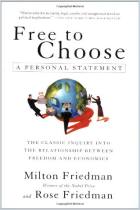
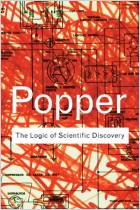
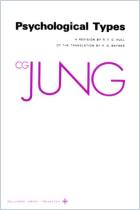
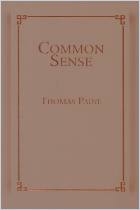
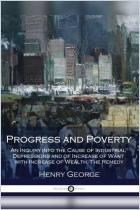
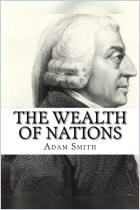

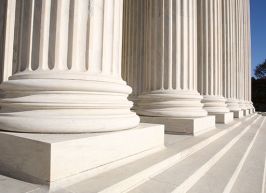
Comment on this summary or Diskussion beginnen